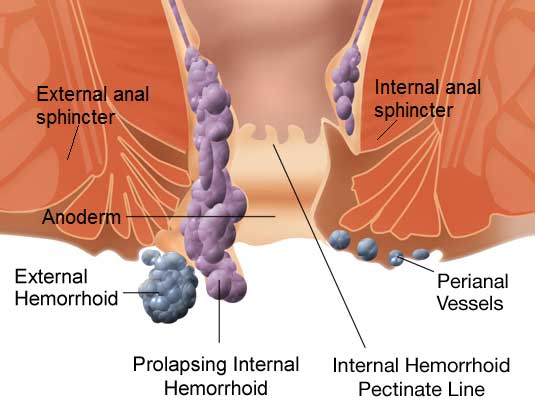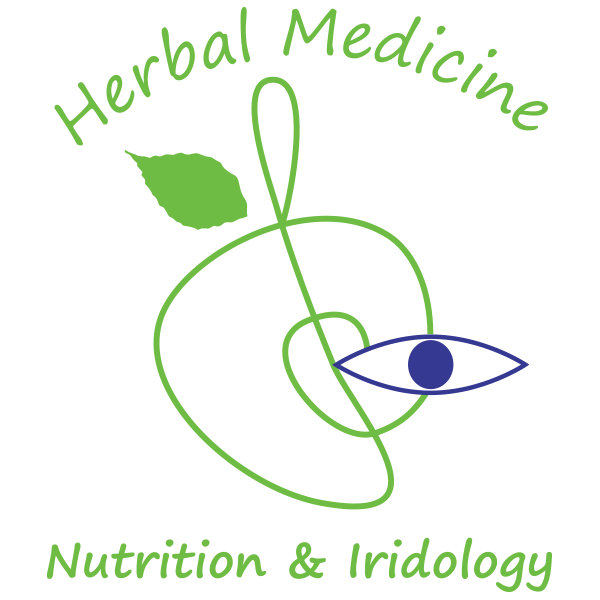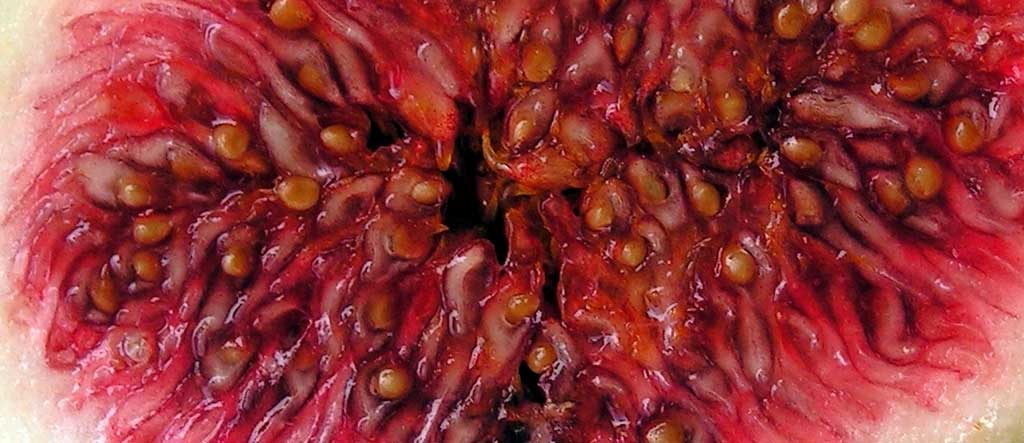Piles, also known as haemorrhoids, are an enlarged, swollen or inflamed condition of the veins just outside or inside the anus or rectum. They may be felt as small lumps or bumps. External piles can be painful, but are less likely to bleed than internal piles that can produce a discharge of dark blood. Occasionally, the veins burst and bleed, this condition is called bleeding piles.

Symptoms of piles:
- Pain, discomfort or itching around the anus
- Pain passing stools
- Slight bleeding
- Mucous discharge
External piles may cause no symptoms, however the most common are pain or itching; they can often be felt as a small protrusion under the skin around the anal opening.
Internal piles cause no symptoms as they are usually painless. However they are most likely to bleed. Rectal bleeding is a cause for alarm and is best not ignored.
Causes for piles (haemorrhoids)
The most common cause of piles is chronic constipation. The repeated straining or pressure applied to pass a compacted stool can result in piles. While laxatives may give temporary relief, their habitual use can weaken the lining of the rectum and lead to lazy bowels and further compound the problem.
Any condition that causes increased pressure inside the abdomen can cause piles. They are more common during pregnancy and in conditions affecting the liver and upper bowel.
Stress can also be a contributory factor. Trauma can get stored in the body and in patterns of holding tension and holding onto waste. Always being in a rush when going to the bathroom can result in exerting excess pressure to hurry eliminations. Always answer the call to defecate and relax when doing so.
Treatment for piles
As chronic constipation is most often the root cause of piles, cleansing the bowels is essential. Bowel cleansing herbs, dietary changes and exercise will all help in ensuring regular soft stools.
The piles will contract when the root cause of pressure on the anus or within the abdomen is relieved.
Figs soaked overnight and consumed along with the water, the following morning is an old remedy for piles. 60–90 ml of white radish juice with a pinch of salt, taken in the morning and evening is another popular home remedy. The application of cold compresses for an hour or so before bedtime will help to shrink the piles and tone up the veins. Other water treatments such as a cold stitz bath would also help.
In summary, the number one cause for piles is constipation. If you suffer from chronic constipation do not ignore it. Constipation is the root cause of many health problems. Herbal medicine, nutrition, exercise and other healing protocols can all help.
- Drink 1 – 2 litres of water daily.
- Eat fruit for breakfast.
- Eat plenty of vegetables and whole grains for dietary fibre.
- Avoid straining to pass a stool.
- Do some core exercises to strengthen the abdominal muscles.
- Take a daily 30 minute walk outdoors.
- If stress is a contributory factor, then that too needs to be addressed.
DISCLAIMER: The above is for informational purposes only.
Piles image: WikipedianProlific and Mikael Häggström
Fig Photo: Bff/Wikimedia Commons

